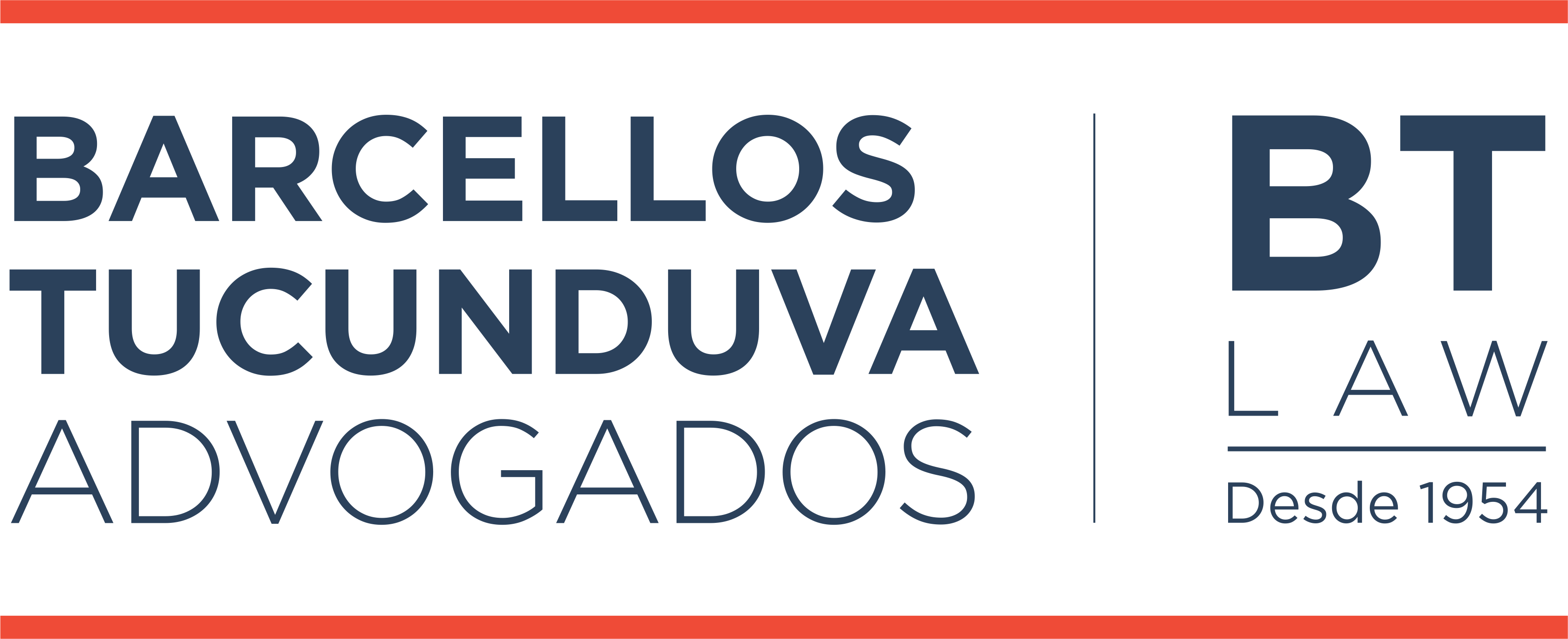By Ariane do Carmo Silva
Brazil’s May 13 th does not mark the freedom of its black community because of the end of the inhumane practice of enslaving people that occurred on this day in 1888, but a late act of utopian freedom following the withdrawal of one person's property rights over another.
The unfinished abolition harbored economic motivations and led to a lack of access to public policies to help integrate the freedmen into society – thus denying them basic rights that would guarantee they had at least what was needed for survival and, in this way, keeping them in a condition of subordination and exploitation.
Currently, we are faced with a discussion about the permanence of slave labor in Brazil, a situation that the country has been recognizing before the international community since 1995¹; in 2021 alone, 1937 workers were rescued from conditions similar to slavery², according to data released by the Brazilian Labor Inspection Department (Secretaria de Inspeção doTrabalho).
We are not talking only about May 14th, the day after abolition, but also of the present day, 134 years after it occurred.The date marks an event of great importance in the history of Brazil.
However, the conditions of equality sought at the time by abolitionists Luiz Gama, André Rebouças and José do Patrocínio remain under discussion in the face of a historical problem of impacts in various areas of society, with effects that have not yet been overcome, given an established structure of social exclusion that prevents full citizenship.
